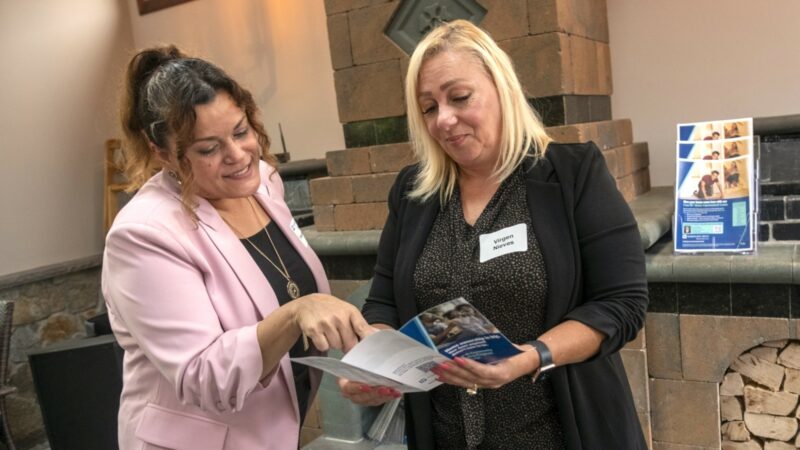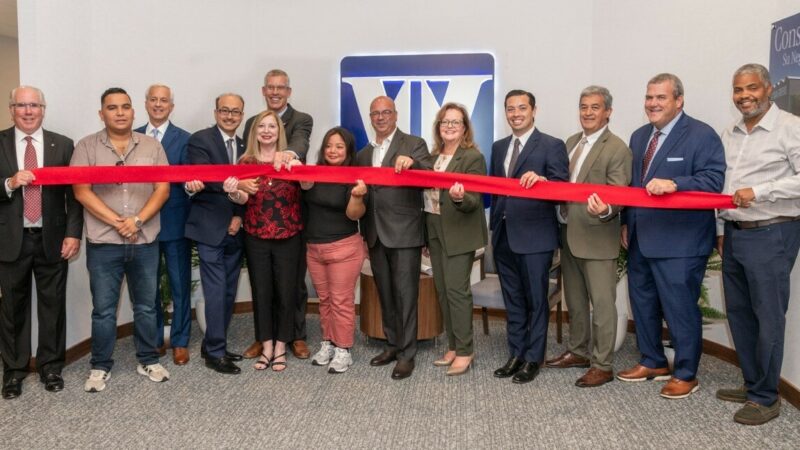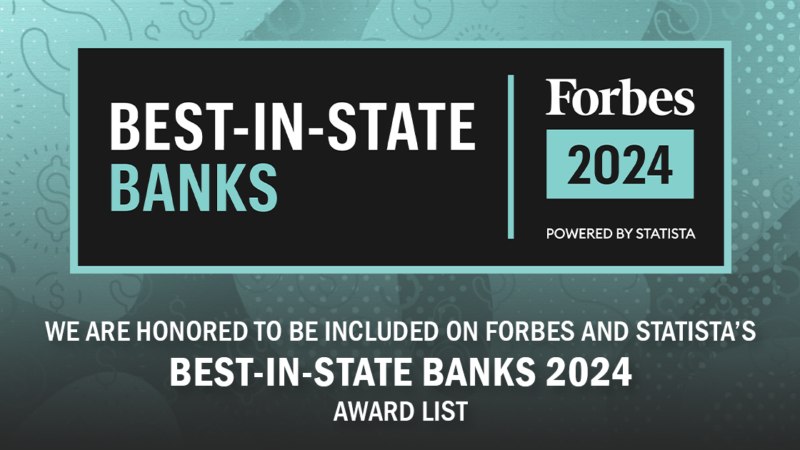Mortgage Terminology Basics: Decoding the Confusion Behind Mortgage Lingo

Purchasing a new home can be one of life’s most exciting events. Trying to understand the terminology you may encounter when looking for the right mortgage, however, can be confusing. Here are some of the most common terms that can come up when applying for a mortgage and buying a home. Familiarizing yourself with mortgage basics can transform the whole homebuying experience into something you’ll remember for all the right reasons. Here are some of the basics to know:
Adjustable rate mortgage
Also known as an ARM, an adjustable rate mortgage has a fixed rate of interest for a set period of time; typical timeframes are one, three or five years. Initially, the interest rate will start low and after the set period of time, the rate will adjust regularly based on an index.
Annual percentage rate
If you carry a credit card, this term might be more familiar; the annual percentage rate, also commonly referred to as the APR, is the rate of interest to be paid back to your mortgage lender and costs related to the loan. This rate can be either fixed or adjustable.
Appraisal
A professional appraiser will conduct an appraisal, which is an estimated value of a property based on both physical inspection and comparison to other homes that have been sold recently.
Closing costs
This term covers the variety of costs that are involved in purchasing a home; referred to as closing costs, these include attorney fees, origination fees, title insurance and escrow payments. Typically, both the buyer and the seller will share the closing costs.
Escrow
An escrow is a neutral third party responsible for safely holding money and documents during the home-buying process until the purchase is complete. You will likely also create an escrow account after buying your home to manage your property taxes and insurance monies that are collected with every mortgage payment.
Equity
Equity is the difference between the value of your future home and your mortgage loan. Your home’s equity will increase over time as the value of your home goes up and the amount on your mortgage is paid down.
Private mortgage insurance
Your financial institution from where you’re obtaining your mortgage will require you to purchase Private Mortgage Insurance (PMI) if you’re financing more than 80 percent of the value of your new home. This insurance protects the lender should you default on your mortgage payments. A monthly PMI payment will be added to the cost of your mortgage payment.
To ensure you that you get the right mortgage for you, it’s important to ask the right questions and get the right information. We suggest asking your potential lender the following questions:
- What is the interest rate on the prospective mortgage?
- How many origination and discount points will you, as the homeowner, have to pay?
- What are the closing costs and will a good faith estimate of these costs be provided up front?
- When can the interest rate be locked in and what will it cost?
- What is the required minimum down payment?
- What documents will need to be provided?
- Could anything potentially delay the approval of your loan?
By asking your lender the right questions and by doing your own research behind the scenes to better understand the homebuying process, you can focus on enjoying the experience and looking forward to your future in your new home without any worries or confusion. Have more questions? We can help - ask the experts at Washington Trust today!
Talk to a Mortgage Specialist
To get started, complete a brief online form and one of our mortgage lenders will get in touch with you!
Contact a Trusted Advisor
For more information or to speak with one of our trusted advisors about your unique financial needs, contact us at 800-475-2265 or submit an online form.











